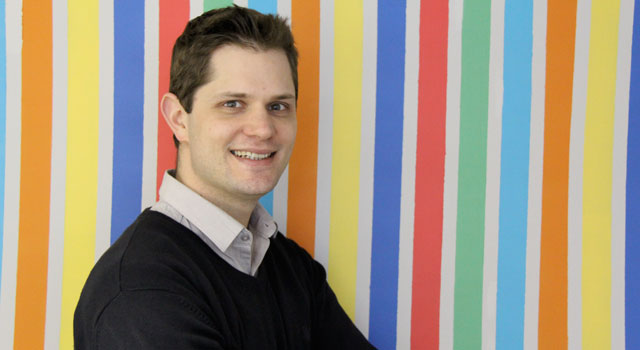
A Cape Town-based print-on-demand service hopes to make all sorts of books available in outlying areas by allowing photocopy shops to print them — legally — from a wide range of publishers. The start-up, called Paperight, already offers a big selection of content from more than 40 publishers.
Paperight began as a project in another company, Electric Bookworks. Both companies were founded by 37-year-old Arthur Attwell. Having previously worked for large publishers such as Pearson and Oxford University Press, Attwell wanted to show publishers the possibilities digital tools presented for their businesses.
In 2011, Attwell became a fellow of the Shuttleworth Foundation. The grant money the foundation offers can be used as a salary for the duration of the fellowship, or it can be invested in a business, in which case it will match the investment 10-fold. “I put in R180 000 and [the foundation] put in R1,8m,” Attwell explains.
Eventually, all of the code behind Paperight will be made available to the public in keeping with the open-source framework upon which the service runs.
In order to use the service, copy shops have to sign up on Paperight’s site. They then have an account where they can prepay for credits in US dollars – Attwell says this is to allow for standardised global pricing. Copy shops pay the licence fee and consumers pay the copy shop.
To make its money, Paperight keeps 20% of the publisher-set rights fee.
“Copy shops tend to make most of their money from prints, so it’s easy for them to justify joining Paperight because they get to print more stuff as a result.”
The cost of printing a book from Paperight will vary depending on where it is printed. “Jetline is our biggest partner with more than 40 registered stores and it’s managed to cut the price to 50c per double-sided A4 sheet,” Attwell says. “This makes them one of our recommended suppliers and means you can print a 300-page book, with licence fee, for about R95.”
Of course, being ring bound A4 sheets Paperight books may not be as attractive as publisher’s own copies, but they are cheaper. Moreover, Attwell says copy shops are still ubiquitous in developing markets, meaning people can get access to titles they would not previously have been able to and without waiting for mail orders or the transport costs of having to go to a specialist store.
Copy shops can buy credits by means of electronic funds transfer or PayPal, with other payment options set to follow.
Apart from traditional bookstores, Attwell says Paperight doesn’t have direct local competitors. “I like to think we operate parallel to the existing publishing market. We’re also working with projects like FunDza, which is using Mxit to get books onto mobile phones. All of these things encourage reading, and that’s good for all of us in the long run.”
Paperight delivers content to photocopy stores over the Internet in the format of PDF documents that are optimised for print. “We need to distribute as small a file as possible because of limited broadband in many locations and we want files that result in the minimum of printing, so we work on the PDFs quite a bit before they go out.”
For security purposes, each page printed is watermarked with the name of the customer and the photocopy shop.
Paperight was one of three winners of the O’Reilly Tools of Change Startup Showcase held in New York earlier this month. The award doesn’t include a monetary prize, but does carry a great deal of prestige and should make it easier for Paperight to negotiate with publishers yet to join the service.
The only finalist from the 10 contenders from a developing nation and one of the only entrants that isn’t an online business, Paperight won the award for the most entrepreneurial publishing start-up.
Attwell says the win will lend the company greater credibility and will “grease the wheels” of its talks with various publishers.
“Tools of Change is the premier publishing technology conference in the world,” Attwell says. “When they announced the start-up showcase competition, I made sure we applied. We were nominated for the final two weeks ago and I went to New York to pitch. Lo and behold, we were the one developing country on the list of finalists.”
The bulk of applicants were related to e-books and the Web so Attwell says it was especially pleasing to win “with something that’s essentially an analogue product”. — (c) 2013 NewsCentral Media
- The Start-ups section on TechCentral profiles what South African technology start-ups are doing. Do you have an interesting start-up? Are you doing something out of the ordinary? Why not drop TechCentral’s editor a line and tell us about what you’re doing?

